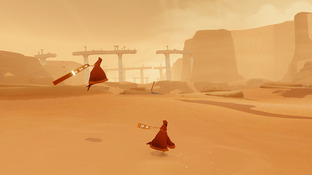The inventor of the world wide web, Sir Tim Berners-Lee, has joined a growing list of people, nations and companies expressing concern about the United Nations meeting on the future of the internet.
Berners-Lee said the groups running the internet at the moment are already doing a good job and thus he sees no need for the International Telecommunications Union (ITU) to take over, as some countries have suggested should be the case.“I think its important that these existing structures continue to be used without any attempt to bypass them,” he said. “These organisations have been around for a number of years and I think it would be a disruptive threat to the stability of the system for people to try to set up alternative organisations to do the standards.”Changes that have been proposed include a Russian suggestion for better tracking of internet users and a tax on internet companies like Google when content is access abroad, both ideas potentially damaging privacy and leading to difficulties accessing information in poorer countries. Google has been championing a campaign against the treaty.The aim of the meeting, which includes 193 countries, is to revise the telecommunications treaty that is already in place, which has not been touched since 1988. Some see the need to address the vastly different technological world we live in today, while others like the US and EU have voiced opposition to changes.The ITU itself denies it is trying to seize power over the internet, with its secretary-general, Dr. Hamadoun Toure, stating that there is “no need” for the agency to take over. The ITU hopes to reach agreement by consensus, but with so many differing views expressed by the large number of countries involved, the two week conference may not meet much success.Source: BBCImage Credit: Paul Clarke








 Les concepteurs à l'origine de l'étonnant Flower peaufinent leur nouveau projet exclusif à la PS3. Annoncé pour le courant de l'année, Journey nous invite à parcourir les dunes en compagnie d'un autre joueur dans des environnements s'étalant à perte de vue. Ces nouveaux visuels nous offrent un aperçu intéressant de l'esthétique si particulière qui caractérise ce titre vraiment pas comme les autres.
Les concepteurs à l'origine de l'étonnant Flower peaufinent leur nouveau projet exclusif à la PS3. Annoncé pour le courant de l'année, Journey nous invite à parcourir les dunes en compagnie d'un autre joueur dans des environnements s'étalant à perte de vue. Ces nouveaux visuels nous offrent un aperçu intéressant de l'esthétique si particulière qui caractérise ce titre vraiment pas comme les autres.






